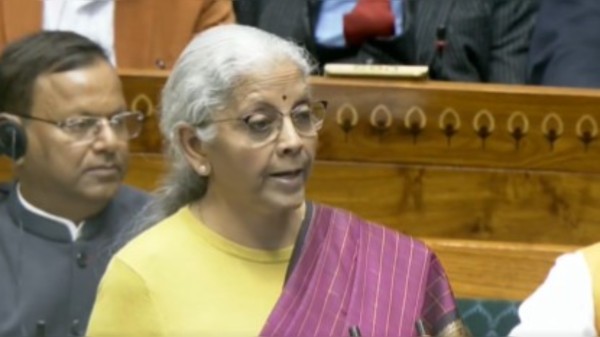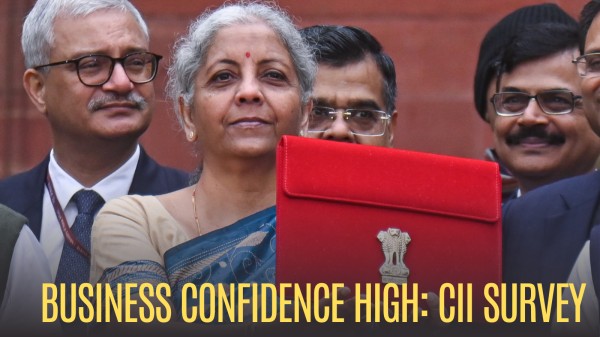

By signing in or creating an account, you agree with Associated Broadcasting Company's Terms & Conditions and Privacy Policy.


By signing in or creating an account, you agree with Associated Broadcasting Company's Terms & Conditions and Privacy Policy.

Kolkata: If you don't have ready cash to pay for your higher education, banks and NBFCs are ready to extend loans to you. The most redeeming feature is that the state offers incentive in the form of income tax deductions on a certain part of the loan that is repaid by the borrower. The interest paid on the loan is allowed as a deduction from the total income under Section 80E.
The tenure of deductions that one can avail of is also quite significant. One can enjoy it for eight years from the first year of repayment. However, there is no income tax deduction on the principal of the loan.
There are few points that should be kept in mind. One, the loan must be taken for the higher education of children, or self or even the spouse. An individual can also apply for an education loan for a candidate of whom he/she is a legal guardian. Two, the tax deduction benefits can be claimed by an individual and not to Hindu Undivided Family or any other category of taxpayer.
Moreover, one cannot take a loan from a relative, or friend or an individual to fund higher education and claim tax benefit on it. The loan must be taken from a bank or financial institution.
Another point to be kept in mind is that only the old income tax system allows this deduction. One needs to submit a certificate from the lending bank or institution. The certificate should mention that principal component and interest component paid by the borrower during a particular financial year. This is necessary since the tax deduction is computed on the basis of the interest component only.
Income Tax Act 1961 allows deduction of income tax from the year repayment starts. The deduction is available till the eighth year of repayment.












